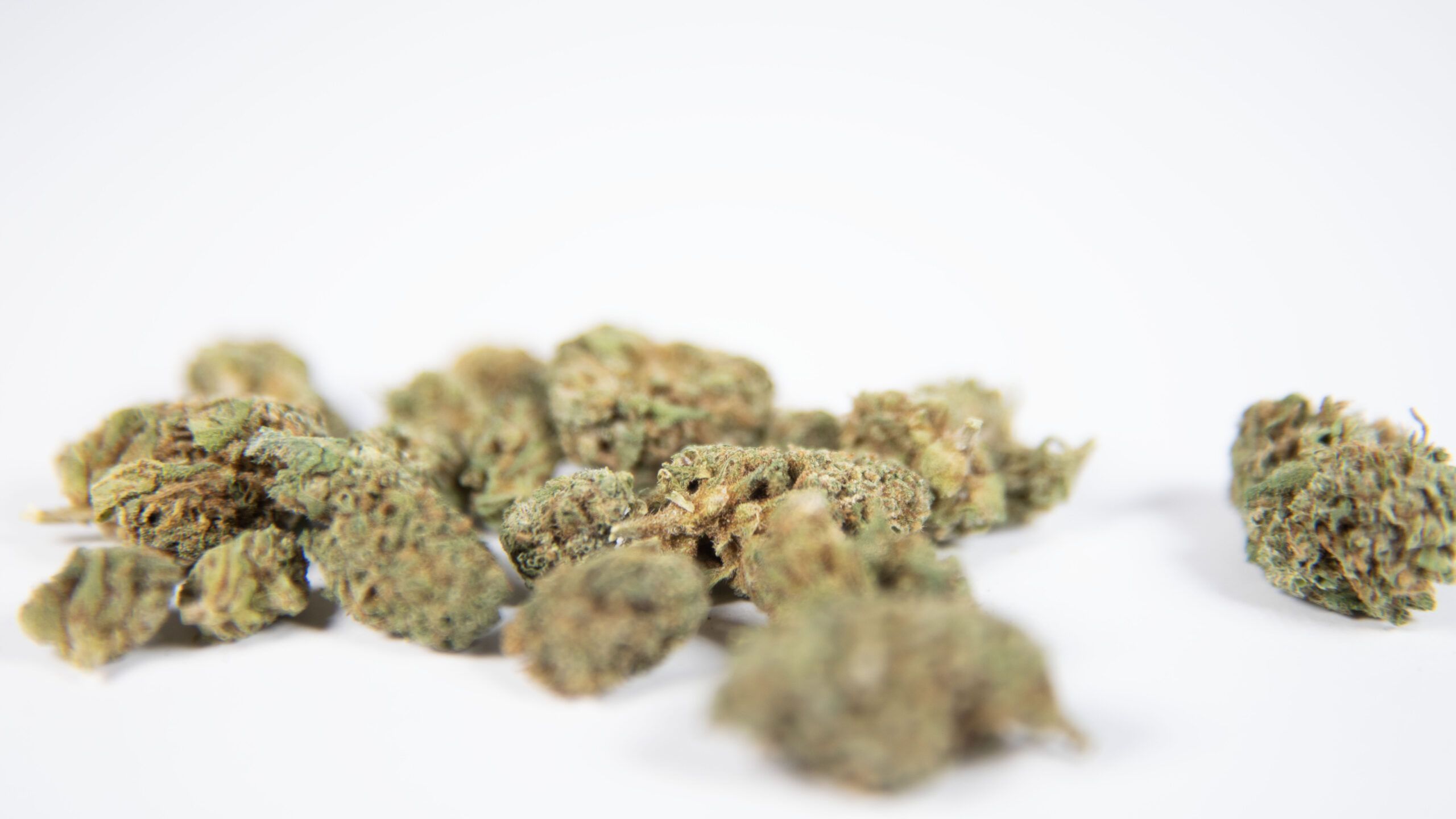With cannabis legalization continuing to grow across the U.S., the regulations surrounding cannabis delivery services remain a complex and varied landscape. As of early 2025, the legal status of cannabis delivery differs significantly from state to state, reflecting a patchwork of policies that can be challenging to navigate for consumers and businesses alike.
Overview of Cannabis Delivery Laws
Cannabis delivery laws are primarily determined at the state level, leading to a diverse array of regulations. While some states have embraced delivery services for both medical and recreational cannabis, others have imposed strict limitations or outright prohibitions.
States Permitting Recreational and Medical Cannabis Delivery
As of 2024, fourteen states have authorized the direct delivery of recreational cannabis to adults. These states include:
- California
- Colorado
- Connecticut
- Illinois
- Maine
- Maryland
- Massachusetts
- Michigan
- Nevada
- New Jersey
- New Mexico
- New York
- Oregon
- Washington
In these states, licensed dispensaries can deliver cannabis products directly to consumers, often with specific regulations regarding delivery hours, verification processes, and geographic limitations.
States Allowing Medical Cannabis Delivery
Beyond recreational use, twenty-six states and the District of Columbia permit the direct delivery of medical cannabis to qualifying patients. This expansion aims to improve access for patients who may face mobility challenges or reside in areas with limited dispensary availability.
States with Caregiver-Only Delivery Models
In twelve states, medical cannabis delivery is restricted to caregiver models, where designated individuals are authorized to deliver cannabis to registered patients. This approach often involves stringent requirements for caregiver registration and patient eligibility.
States Prohibiting Cannabis Delivery
Several states maintain prohibitions on cannabis delivery, reflecting more conservative approaches to cannabis regulation. For example:
- Alabama: Licensed dispensaries are only authorized to dispense and sell medical cannabis at dispensing sites.
- Alaska: Delivery does not include transferring or transporting to a consumer off licensed premises.
- Hawaii: Dispensaries are prohibited from off-premises delivery of cannabis or manufactured cannabis products.
- Illinois: Dispensing organizations may not transport cannabis to residences or other locations where purchasers may be for delivery.
- Mississippi: Dispensaries must not sell or distribute cannabis products using a delivery service.
- North Dakota: Marijuana delivery is prohibited as a controlled substance.
- Ohio: No medical marijuana shall be sold, dispensed, or distributed to a patient or caregiver via a delivery service or any other manner outside of a dispensary, except that a caregiver may deliver medical marijuana to the caregiver’s registered patient.
- Oklahoma: No commercial licensee shall allow for or provide the delivery of medical marijuana or medical marijuana products to licensed patients or caregivers.
- Pennsylvania: A dispensary may not deliver, or contract to a third party the delivery of, medical marijuana products to a patient or caregiver at the patient’s or caregiver’s home or any other location.
- South Dakota: No cannabis or cannabis product sale may take place at any location other than at a certified medical cannabis dispensary. All sales must take place at a certified medical cannabis dispensary in clear view of security cameras.
- Washington: Internet sales and delivery of product to customers is prohibited.
- West Virginia: A dispensary may only dispense medical cannabis to a patient or caregiver who presents a valid identification card to an employee at the facility who is authorized to dispense medical cannabis at the facility.
Regulatory Variations and Considerations
Even among states permitting delivery, regulations can vary widely. Some states impose restrictions on delivery hours, geographic boundaries, and the types of products that can be delivered. Others require specific licensing for delivery services or mandate the use of secure transportation methods. Additionally, local municipalities within states may have their own ordinances affecting delivery operations.
In Summary
The landscape of cannabis delivery laws in the U.S. is marked by significant variability and ongoing evolution. As states continue to refine their approaches to cannabis regulation, staying informed about local laws and regulations is crucial for consumers and businesses engaged in cannabis delivery services.

